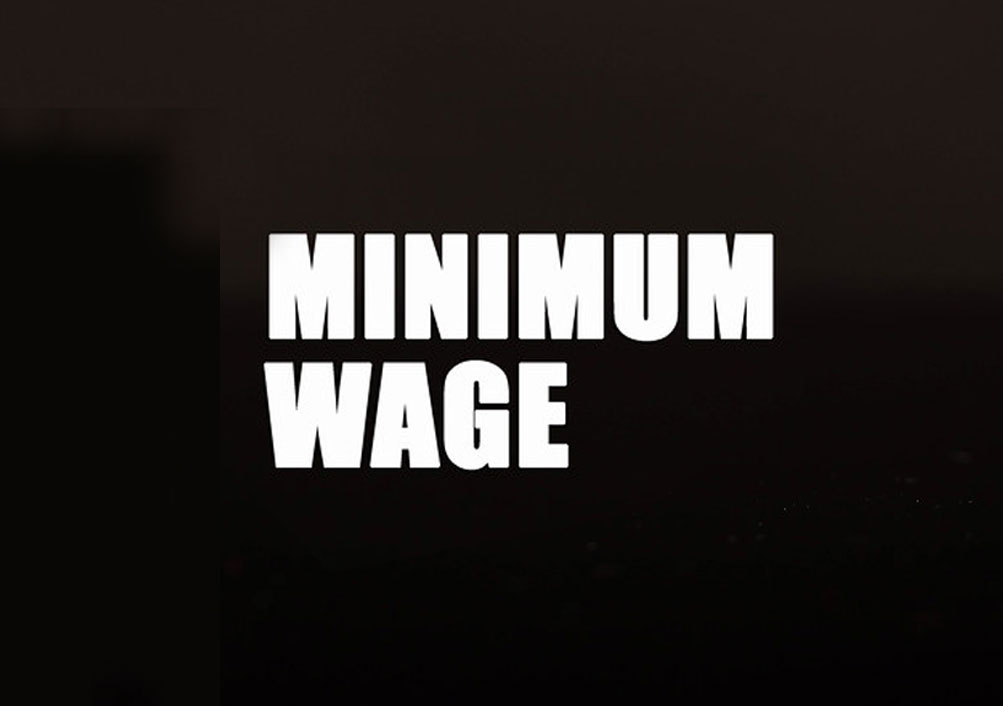Person, who is liable u/s 22C(1) of Minimum Wages Act, shall not be punished if he proves that offence was committed without his knowledge: SC

Read Judgment: Dayle De’souza vs. Government of India through Deputy Chief Labour Commissioner (c) And Another
Pankaj Bajpai
New Delhi, November 5, 2021: The Supreme Court has observed that a person who is liable u/s 22C(1) of the Minimum Wages Act, 1948 shall not be punished if he proves that the offence was committed without his knowledge or that he had exercised all due diligence to prevent the commission of such offence.
The onus to satisfy the requirements to take benefit of the proviso is on the accused, but it does not displace or extricate the initial onus and burden on the prosecution to first establish the requirements of Section 22C(1) of the Act, added the Court.
A Division Bench of Justice R. Subhash Reddy and Justice Sanjiv Khanna observed that it is the court’s duty not to issue summons in a mechanical and routine manner, and therefore, it is the duty of the Magistrate to apply his mind to see whether on the basis of the allegations made and the evidence, a prima facie case for taking cognizance and summoning the accused is made out or not.
The background of the case was that M/s. Writer Safeguards Pvt. Ltd. (company) entered into an Agreement for Servicing and Replenishment of Automated Teller Machines with M/s. NCR Corporation India Pvt. Ltd. for maintenance of the ATMs of the State Bank of India.
The Central Labour Enforcement Officer upon inspection of one of such ATMs of the State Bank of India at Civil Lines, Madhya Pradesh, issued a notice to Dayle De’souza (Appellant- Director of M/s. Writer Safeguards) as well as one Vinod Singh (Head of M/s. Writer Safeguards) alleging non-compliance with Section 21(4), 22, 25(2), 26(1) and 26(5) of the Minimum Wages Act, 1948 and Minimum Wages (Central) Rules, 1950.
Eventually, a criminal complaint u/s 22A of the Act, 1948 was filed before the Chief Judicial Magistrate (CJM), Madhya Pradesh. On the other hand, the Appellant sought a petition u/s 482 of CrPC before the Madhya Pradesh High Court for quashing of such criminal complaint. The same was however dismissed by the High Court. Hence, present appeal before the Apex Court.
After considering the evidence on record and submissions, the Apex Court observed that authorities bestowed with the duty to confirm compliance are often empowered to take stringent measures including penal action to ensure observance and check defiance.
There cannot also be any quarrel on the need to enforce obedience of the rules as the beneficial legislation protects the worker’s basic right to receive minimum wages, added the Top Court.
“A response to the show-cause-cum- compliance notice in the form of a short reply by the authorized signatory of M/s. Writer Safeguard Pvt. Ltd. on 02nd April, 2014, which factum though accepted, has not been adverted to in the complaint. This short reply states that the Company neither manages the ATM nor works at the ATM and that the ATM site was managed by the respective banks and, therefore, the volitional as alleged do not apply to them. The complaint does not state why the reply was deficient or indicate even briefly as to the nature of activity and involvement of the Company’s workers at the ATM site of the State Bank of India mandating compliance at the site in question”, observed the Court.
The Top Court also found that the complaint does not satisfy the mandate of sub-section (1) to Section 22C of the Act as there are no assertions or averments that the appellant was in-charge of and responsible to the company M/s. Writer Safeguard Pvt. Ltd.
The person-in-charge or an officer of the company could be held guilty in that capacity only after it has been established that there has been a contravention by the company as well, added the Court.
Speaking for the Bench, Justice Khanna noted that criminal law should not be set into motion as a matter of course or without adequate and necessary investigation of facts on mere suspicion, or when the violation of law is doubtful.
It is the duty and responsibility of the public officer to proceed responsibly and ascertain the true and correct facts, added Justice Khanna.
Hence, the Apex Court therefore quashed the summoning order and the proceedings against the present appellant.
Sign up for our weekly newsletter to stay up to date on our product, events featured blog, special offer and all of the exciting things that take place here at Legitquest.




Add a Comment